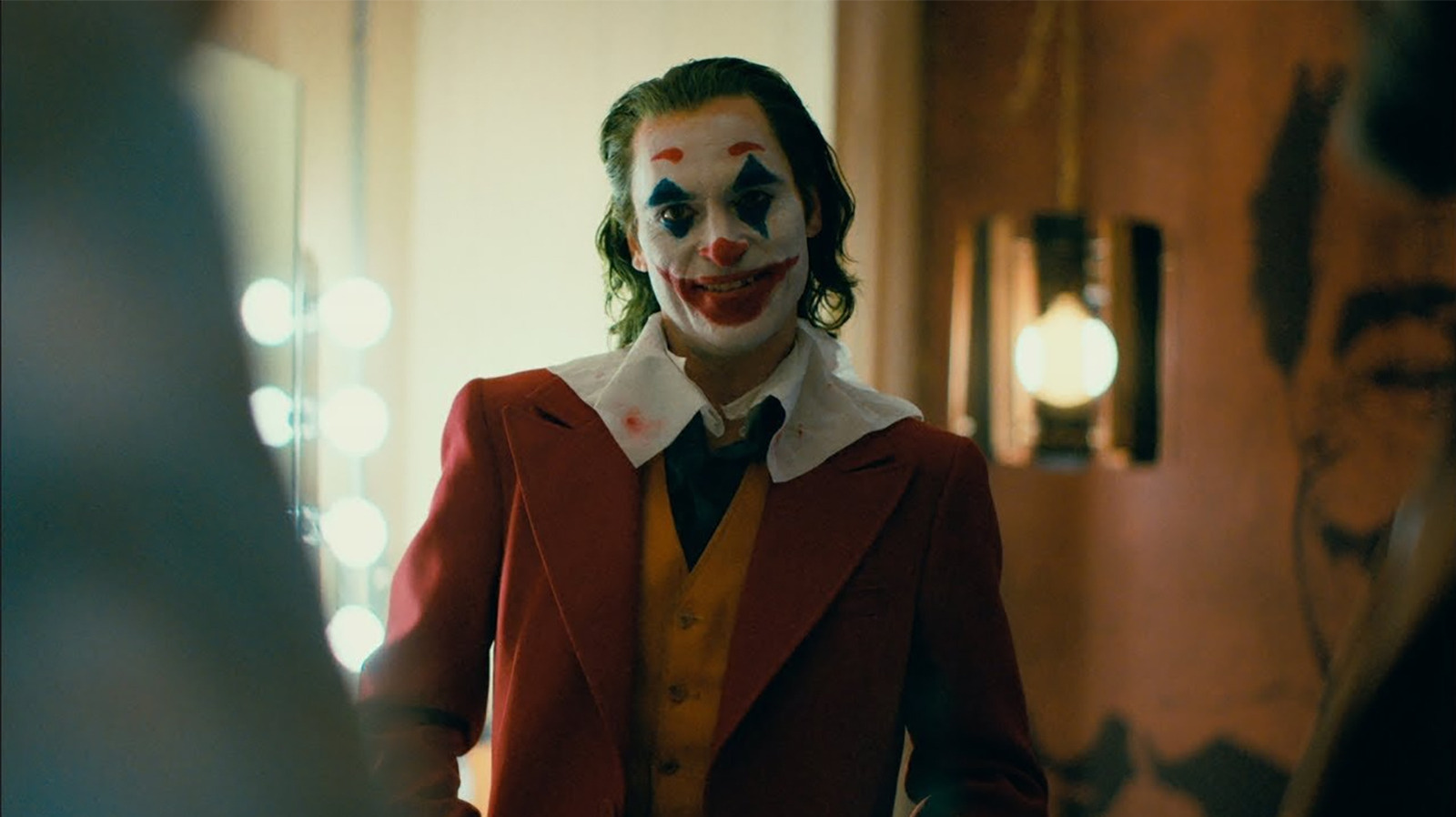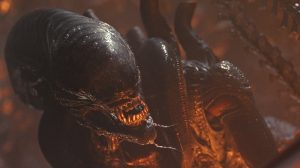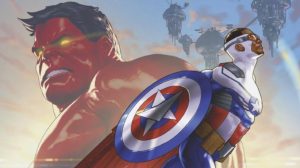
Before diving into Joker: Folie à Deux, let’s take a moment to remember the impact of its predecessor, “Joker,” which hit theaters in 2019. When it premiered, the film ignited widespread debates over its potential to incite violence. Director Todd Phillips defended the film, drawing comparisons to “John Wick,” claiming that it was unfair for this movie to be scrutinized more rigorously than others. He pointed out that the narrative followed a disenfranchised white man resorting to violent acts, an interpretation that resonated unsettlingly during the tumultuous Trump era. Ultimately, the fears surrounding “Joker” did not materialize; it shattered box office records, grossing over a billion dollars, and walked away with two Academy Awards, one for Joaquin Phoenix’s mesmerizing lead performance and another for Hildur Guðnadóttir’s haunting score.
Fast forward to the upcoming sequel, “Joker: Folie à Deux,” set to debut on October 4, 2024. This time, Arthur Fleck’s chaotic story unfolds as a musical—an unexpected twist that hints at a playful blend of drama and humor, even integrating elements reminiscent of classic animation like “Looney Tunes.” If it’s been some time since you’ve revisited the first film, don’t worry. We’ve got you covered with a comprehensive recap to prep you for the sequel.
The 2019 “Joker” was a departure from the interconnected storytelling that Marvel fans have come to expect. Instead, it carved its own niche within the DC universe, entirely distinct from the convoluted multiverse that has dominated recent adaptations. Unlike Jared Leto’s portrayal in “Suicide Squad,” this Joker isn’t just a familiar face but a fresh incarnation, defined by Joaquin Phoenix’s transformative performance that delves into psychological depths and emotional torment.
At the film’s outset, we meet Arthur Fleck, a melancholic man struggling with mental health issues. Employed as a clown for hire, he’s ridiculed and beaten by kids who steal his sign, fundamentally compromising his sense of worth. Afflicted by a neurological condition that causes uncontrollable laughter—or perhaps just another burden of his tragic life—Arthur’s painful past, including the abuse he suffered as a child and his role as a caretaker for his delusional mother, sets the stage for his transformation.
The catalyst for Arthur’s metamorphosis into the Joker lies in a series of damaging events. Following a violent encounter on the subway where he retaliates against his aggressors, he becomes a symbol of rebellion against the affluent class in Gotham. Subsequently, the unraveling of his relationship with his mother alongside betrayal by television host Murray Franklin catalyzes his descent. When he murders Murray live on air, Arthur embraces his alter ego, propelling the city into chaos.
Critics pointed out that “Joker” carries echoes of Martin Scorsese’s legendary films, particularly “Taxi Driver” and “The King of Comedy.” Arthur’s journey mirrors Travis Bickle’s isolation and desperation in “Taxi Driver,” while the obsession portrayed in “The King of Comedy” resonates through Arthur’s dark admiration for Murray Franklin, underscoring a stark commentary on fame and violence.
Interestingly, Batman doesn’t thwart Arthur’s rampage in this iteration; instead, we see a very young Bruce Wayne, maintaining his innocence as he witnesses the tragic fate of his parents—a key seed sown for the epic showdown that will later define their legacies.
Following his violent outburst, Arthur is institutionalized, but the film leaves viewers questioning the specifics of his confinement. By the time “Joker: Folie à Deux” starts, we find Arthur two years later, suggesting a narrative that will prioritize psychological exploration within a courtroom drama framework.
What’s more, audiences can expect this sequel to be a musical—a bold shift for the franchise. Unlike the musical stylings that shy away from their format, “Joker: Folie à Deux” promises to embrace its theatricality, with director Todd Phillips clarifying that the musical expressions will serve as a unique dialogue for the characters, allowing them to vocalize their emotions in a transformative way.
The film also introduces Lady Gaga as Harley Quinn, offering a fresh perspective on the iconic character. Departing from Margot Robbie’s interpretation, Gaga’s version is designed to fit seamlessly into Phillips’ version of Gotham, providing a new layer to Harley’s complicated dynamic with the Joker.
Moreover, hints about Harvey Dent’s possible involvement in “Joker: Folie à Deux” have emerged, suggesting a potential courtroom clash as Dent may take on the role of prosecutor in Arthur’s trial. The upcoming film is shaping up to explore intricate themes of madness and morality, setting the stage for an engaging continuation of a story that has resonated with so many.
As fans await the arrival of “Joker: Folie à Deux,” the wheels of anticipation are in motion, and October 2024 cannot come soon enough.




